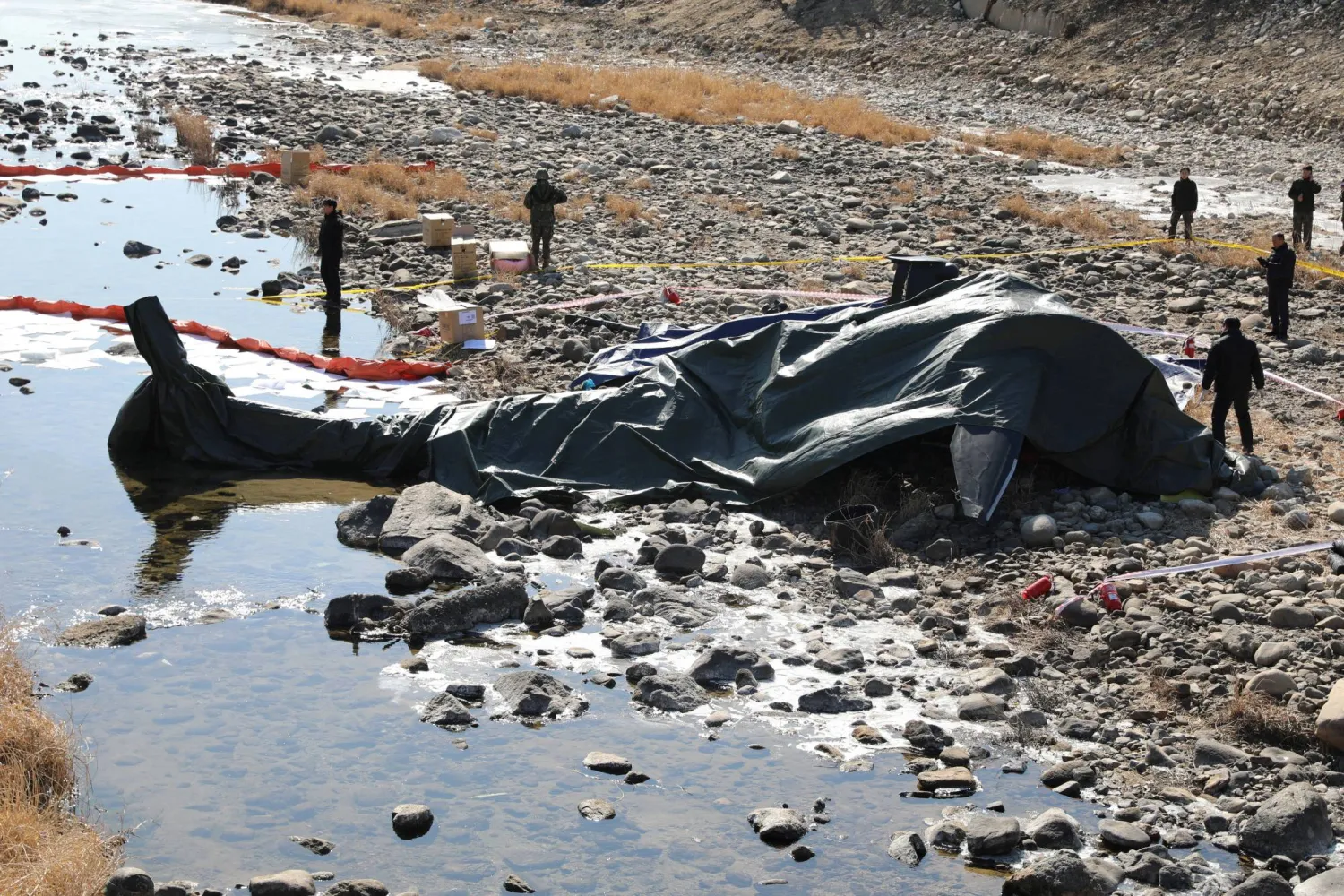The United Nations chief sent Russia a new proposal aimed at getting its grain and fertilizer to global markets in hopes of reviving the deal that allowed Ukraine to ship almost 33,000 tons of grain at a time of growing global hunger.
But Moscow wasn’t satisfied with the letter that UN Secretary-General Antonio Guterres sent Russian Foreign Minister Sergey Lavrov earlier this week.
Speaking at a press conference Thursday after meeting with Turkish Foreign Minister Hakan Fidan, Lavrov said he had given Ankara a list of actions that the West would have to take in order to resume Ukrainian shipments.
The United Nations and Türkiye brokered the deal in July 2022 that allowed Ukraine to ship grain and other foodstuffs from three Black Sea ports. A separate memorandum between the UN and Russia pledged to overcome obstacles to Moscow’s shipment of food and fertilizer to world markets.
The deal followed Russia’s Feb. 24, 2022, invasion of Ukraine which sent global food prices skyrocketing because the two countries are major “breadbaskets” for the world, The Associated Press said.
Guterres told UN reporters on Thursday that he had written a letter to Lavrov with “a set of concrete proposals, allowing to create the conditions for the renewal of the Black Sea initiative.” He did not give any details other than to say, “we have some concrete solutions for the concerns allowing for an effective, or more effective access of Russian food and fertilizers to global markets at adequate prices.”
Russia suspended the Black Sea grain initiative in July. It repeatedly complained that the Ukraine deal largely benefitted richer nations, and that Russia still had difficulties obtaining financing, insurance and shipping for its fertilizer and grain shipments.
Data from the Joint Coordination Center in Istanbul, which organized the Ukraine shipments, shows that 57% of the grain from Ukraine went to developing nations, with the top destination being China, which received nearly a quarter of the food.
Türkiye’s Fidan told reporters his meeting with Lavrov in Moscow was “preparation” for an upcoming meeting between Turkish President Recep Tayyip Erdoğan and Russian President Vladimir Putin in the Black Sea resort city of Sochi.
Describing the grain deal as “quite a complicated and laborious job,” Fidan said when Erdogan and Putin get together they “will take a more strategic and political view.”
Fidan is also due to meet with Russian Defense Minister Sergei Shoigu, who was involved in the deal's negotiations, on Sept 1.
Lavrov told reporters: “As soon as talks turn into concrete decisions, we’ll be ready to resume the Ukrainian part of the grain package that same day.”
The UN’s Guterres said a renewed Black Sea initiative must be “stable” – and not move “from crisis to crisis, from suspension to suspension.” The original agreement for 120 days was extended once for 120 days and twice for 60 days.
“I believe that working seriously we can have a positive solution for everybody —for the Ukraine, for the Russian Federation, but more important than everything else for the world in a moment in which so many countries are facing enormous difficulties in relation to guarantee the food security of their populations,” he told reporters.
Guterres said that he saw little prospect of peace in Ukraine before the General Assembly’s annual meeting of world leaders starting Sept. 18. He said that’s why he stressed the need to “take measures to reduce the dramatically negative impacts of this war in relation to the world.”
UN Chief Sends Russia New Proposals to Revive Black Sea Grain Deal but Moscow Isn't Satisfied

FILE PHOTO: UN Secretary-General Antonio Guterres speaks about the Black Sea grain corridor outside UN Security Council at UN headquarters in New York City, US, July 17, 2023.REUTERS/Brendan McDermid/File Photo

UN Chief Sends Russia New Proposals to Revive Black Sea Grain Deal but Moscow Isn't Satisfied

FILE PHOTO: UN Secretary-General Antonio Guterres speaks about the Black Sea grain corridor outside UN Security Council at UN headquarters in New York City, US, July 17, 2023.REUTERS/Brendan McDermid/File Photo
لم تشترك بعد
انشئ حساباً خاصاً بك لتحصل على أخبار مخصصة لك ولتتمتع بخاصية حفظ المقالات وتتلقى نشراتنا البريدية المتنوعة







